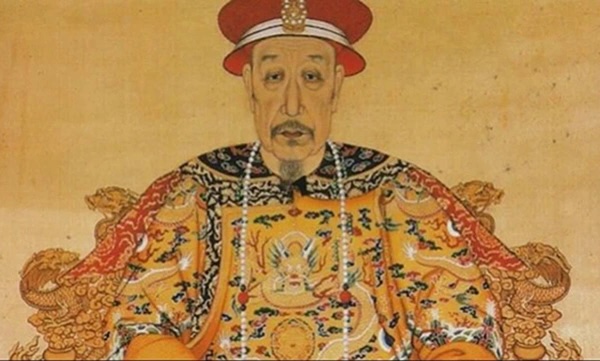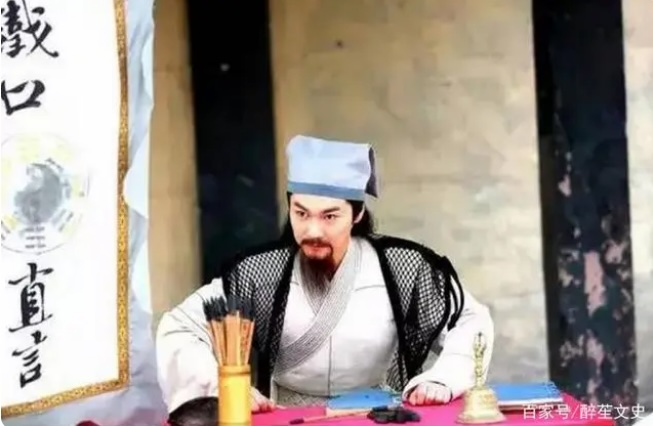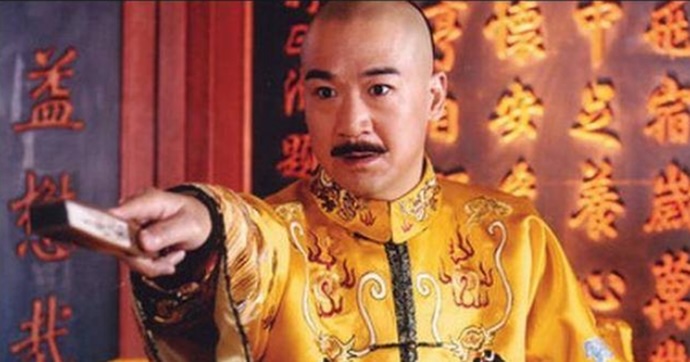Qianlong, the sixth emperor of the Qing Dynasty, holds the distinction of being the longest-living emperor in Chinese history, having reigned for nearly six decades and reaching the age of 88. During his rule, the Qing Dynasty experienced its economic and military apex.
Qianlong is renowned for his exceptional governance and leadership, earning praise from his subjects. However, in his later years, he fell into a state of complacency and extravagance, leading to a decline in the imperial treasury. He also loosened his control over officials, notably He Shen, a prominent but corrupt minister, which resulted in a deterioration of the bureaucratic system.
Qianlong was an emperor who not only held power but also frequently went undercover to observe the lives of his people. He was, however, stringent about maintaining the privacy of himself and his family, going as far as to execute anyone who dared to divulge information about them. A telling example is the case of a watermelon farmer whom Qianlong ordered to be punished for his wise remarks and invitation to serve in the court, which the farmer declined. In Qianlong’s eyes, talents who refused to serve the dynasty were a potential danger and thus had to be eliminated. Fortunately, the farmer escaped before the soldiers arrived.
Contrastingly, a fortune-teller named Zhi Tianbao did not fare as well. Zhi, a renowned fortune-teller, made the grave mistake of flattering the emperor and prophesying that the Qing Dynasty would last for 800 years. He hoped to use this prediction to gain wealth, but ultimately became a victim of the very prosperity he praised, as he was sentenced to death.

Qianlong frequently went undercover to observe the lives of his people
According to Sohu.com, Zhi Tianbao resided in Gaoyi County, where he initially opened a pharmacy in Qizhou before transitioning to selling plaster in the market. Despite his efforts, his ventures did not go smoothly, and his life became increasingly difficult. In an attempt to improve his financial situation, Zhi conceived the idea of writing a book dedicated to the emperor, hoping to quickly gain wealth.
Knowing Qianlong’s desire for longevity, Zhi wrote a book titled “The Fortunes of the Qing Dynasty” (Da Qing Tian Ding Yun Su). In it, he predicted that the emperor would live to be 80 years old, while Qianlong was already 68. This meant that according to Zhi’s prediction, Qianlong still had 12 years left to live.
But Zhi didn’t stop there. He also asserted that the destiny of the Qing Dynasty was to last for 800 years. Confident in his writing abilities, Zhi anticipated that the book would earn him the emperor’s favor, bringing him glory and riches. As soon as it was completed, he asked his disciple, Zhang Jiuxiao, to deliver the letter respectfully to the emperor.

Zhi Tianbao predicted that the emperor would live to be 80 years old, while Qianlong was already 68
However, Qianlong’s reaction was not what Zhi had hoped for. The emperor was displeased and immediately ordered Zhang Jiuxiao to be bound and sentenced. In a panic, Zhang revealed that the actual writer of the letter was Zhi Tianbao. Within minutes, both Zhi and Zhang were executed, charged with “making erroneous remarks about the fate of the Qing Dynasty,” and the book “Da Qing Tian Ding Yun Su” was burned.
Through his blessings for the emperor and the Qing Dynasty, Zhi Tianbao inadvertently touched on sensitive points in Qianlong’s psyche. While living to 80 was considered a remarkable feat of longevity at the time, emperors aspired for “immortality.” Thus, Zhi’s assertion that the emperor would only live to 80 could be construed as a curse.

Zhi Tianbao’s words touched on sensitive points in Emperor Qianlong’s psyche
Additionally, his prediction that the dynasty would last for 800 years also struck a nerve. While impressive, it implied the inevitable end of a dynasty. For a commoner to comment on the fate of an empire was considered arrogant and disrespectful to the emperor.
Many agree that Qianlong’s anger at Zhi Tianbao and his disciple’s actions led to the harsh punishment they received.
































